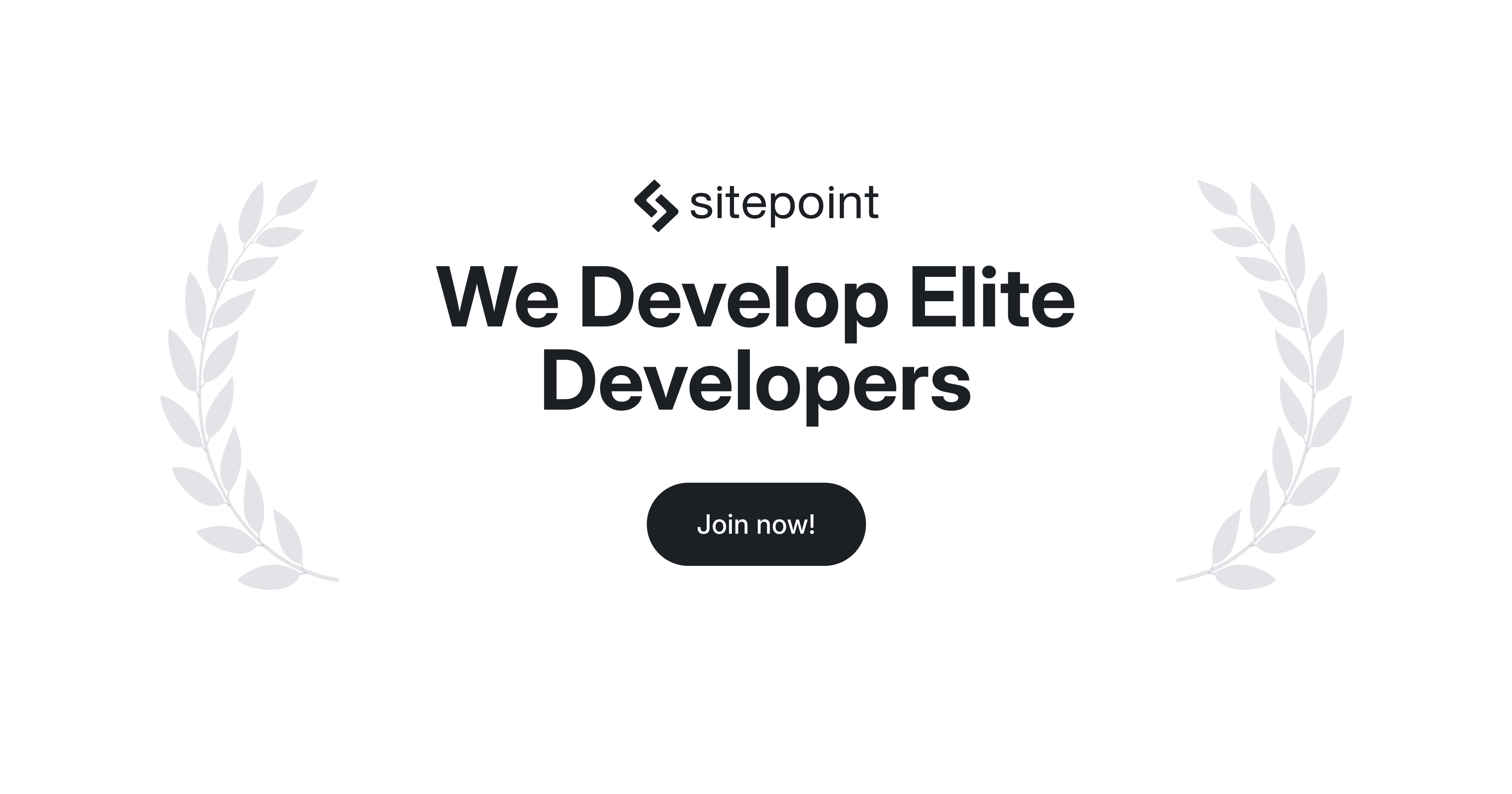
"The ideal white label website builder should allow users to pick a domain, choose a template, add content, and publish their website, simplifying the process."
"Offering a free website building tool could diminish the need for professional services, as customers may opt for DIY solutions with limited customization capabilities."
"Many website builders don't accommodate ongoing changes or sophisticated modifications which may be required as a business grows, raising questions about their flexibility."
"WordPress serves as an example of a platform where users can create websites with basic templates but usually requires payment for custom domains."
A white label website builder should allow clients to choose a domain, select business-appropriate templates, input content, and publish their site. Simplicity in the process is crucial, yet if such a tool is free, it may limit the need for professional services. Customization and future modifications are often necessary as businesses evolve, which free tools typically cannot accommodate effectively. WordPress exemplifies a platform that offers free basic website creation with the caveat of requiring payment for domain use.
Read at SitePoint Forums | Web Development & Design Community
Unable to calculate read time
Collection
[
|
...
]